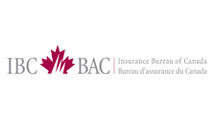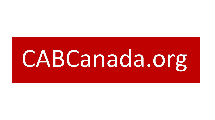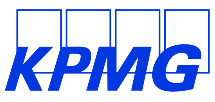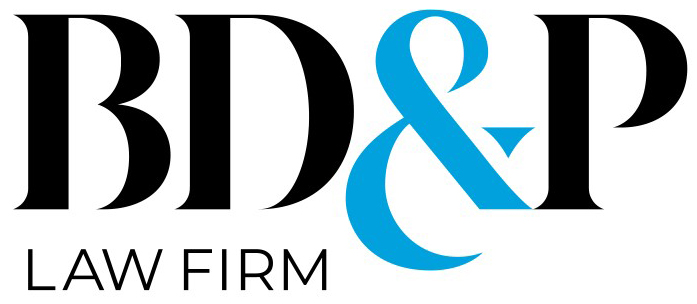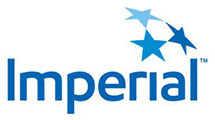
The Use of Expert Determination in Resolving Construction Disputes
 Expert determination is a procedure in which a narrow and usually technical dispute between parties is submitted to a jointly retained neutral expert, who, on the consent of the parties, renders an opinion on the matter. That opinion may facilitate settlement negotiations, or alternatively the parties may agree that it would be binding upon them. Despite its informality, this procedure can produce a compelling, streamlined and cost-efficient resolution of a difficult technical issue, to the satisfaction of the disputing parties.
Expert determination is a procedure in which a narrow and usually technical dispute between parties is submitted to a jointly retained neutral expert, who, on the consent of the parties, renders an opinion on the matter. That opinion may facilitate settlement negotiations, or alternatively the parties may agree that it would be binding upon them. Despite its informality, this procedure can produce a compelling, streamlined and cost-efficient resolution of a difficult technical issue, to the satisfaction of the disputing parties.
What is an Expert?
There are many differing views about experts, some being more sardonic than illuminative. Mark Twain, for example, defined an expert as “an ordinary fellow from another town”. Similarly, Will Rogers described an expert as “A man fifty miles from home with a briefcase”. And Danish scientist and Nobel laureate Niels Bohr said that an expert is “A person that has made every possible mistake within his or her field”.
From a more respectful perspective, an article in the Harvard Business Review posits that experts should be viewed in terms of their extensive development, education, training, reasoning, knowledge, and innate talent. “Consistently and overwhelmingly”, the article continues, “the evidence showed that experts are always made, not born”. In his book Outliers: The Story of Success, Malcolm Gladwell identifies the “10,000-Hour Rule” as being the key to achieving world-class expertise in any skill.
The Role of Experts and the Process of Expert Determination
In October 1972, Moscow hosted an International Congress on Arbitration, which focussed on the possibility and advantages of appointing experts to resolve narrow technical design and construction disputes prior to arbitration. As industry participants well know, disagreements may result from discrete issues about whether the contractor’s services or materials meet standards of quality and performance, in addition to complying with the project’s specifications. There can also be disputes relating to scope-of-work issues; the quantification or value of extra work; damage claims for acceleration, delays, impact, or loss of productivity; and alleged deficiencies in the design or fitness-for-purpose of specified equipment. The list goes on.
One observer wrote that “the hallmark of neutral evaluation is its almost unlimited flexibility”. The parties have the flexibility to shape the process and to jointly select someone with integrity, judgment, decisiveness, and specific experience and expertise in a particular discipline of design or construction. For example, if the dispute is about unforeseen soil conditions (such as contaminated soil), then perhaps a geotechnical engineer may be the right consultant to retain. If the dispute is about constructability of an aspect of the design, the parties could employ a structural engineer. And if the dispute raises issues about project planning and management and about the contractor’s failure to meet project milestones, the parties could engage the services of a scheduling consultant.
Particularly for major infrastructure projects, this concept of introducing expertise into the project at an early or interim stage in order to solve such disputes has been advocated for more than forty years by the International Chamber of Commerce, which has developed a set of “ICC Expert Rules” for supervised, administered expert proceedings.
The expert’s findings, which ordinarily are non-binding, may be useful to the parties when negotiating a settlement of their dispute or differences. On the other hand, the parties may agree to give the findings, as embodied in a written report, the force of a contractually final and binding expert determination, with no or, by agreement, strictly limited rights of appeal.
Unless the parties agree otherwise, the procedural framework for the expert’s inquiry can be relatively efficient. But the expert will want to investigate, review and analyze selected project documents; may permit the parties to submit limited evidence through the oral testimony of witnesses; and may require or permit the parties to make written submissions.
“Faster, Better, Cheaper – Pick Two”
Engineering literature indicates that some systems can optimize no more than two parameters, to the detriment of the third. Therefore, weighing the opposing forces of speed, quality and cost against each other raises the adage “faster, better, cheaper – pick two”. But with expert determination, you can pick all three: “Faster”, because of the absence of a cumbersome or lengthy process or rules of evidence such as those governing litigation or arbitration; “Better” because of the laser focus of expertise brought to bear on analyzing and resolving the narrow technical issue in dispute; and “Cheaper” because the time frame for the expert’s selection, inquiry and preparation of a report will likely require significantly less time than the processes of arbitration or litigation, and will therefore be relatively cost-effective. As one commentator has written, “Neutral evaluation is an alternative dispute resolution (ADR) tool that can be custom tailored to answer [which party is off the mark], efficiently and promptly, at far less cost than an arbitration or trial”.
References and Adjudication
By way of contrast, we have references and adjudications, in which decisions are made, respectively, by referees or adjudicators. These decisions are often based on something less than a full evidentiary record, generally without fact or opposing expert witnesses who could be examined and cross-examined, sometimes or often without the benefit of any legal principles or argument, without any rules of evidence, and, for the sake of economy and expediency, within a telescoped time frame. Sometimes there is an appeal procedure and sometimes not.
While expert determination is likely to result in an informed, educated and reliable resolution upon which the parties can comfortably rely, the other approaches (references and adjudications) do not have the benefits and protection of any hearing or, when it comes to technical points, investigation or analysis.
Parties may be swept away by the prospect of saving time and money but would have to accept the superficiality of the alternate approach. Does one approach provide, or result in, more justice, or is it simply a way to address and resolve the matters at hand and move on?
Harvey J. Kirsh (of Kirsh Construction ADR Services Ltd.) has 45 years of experience in the arbitration, mediation and litigation of complex construction claims and disputes arising out of infrastructure, transportation, energy, resource, residential, industrial, commercial, and institutional projects. He is the recipient of the Ontario Bar Association’s Awards of Excellence in both Alternative Dispute Resolution (2015) and Construction and Infrastructure Law (2018).


